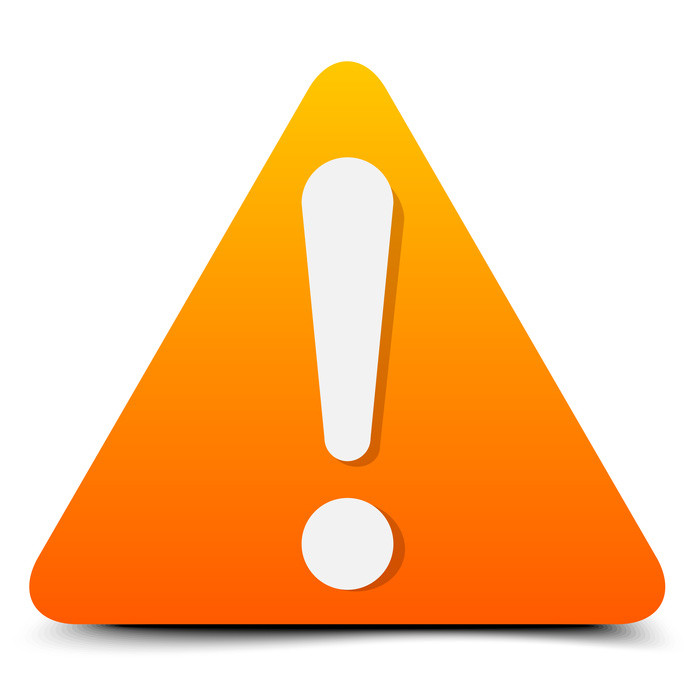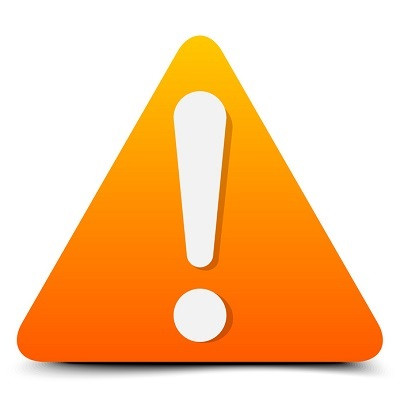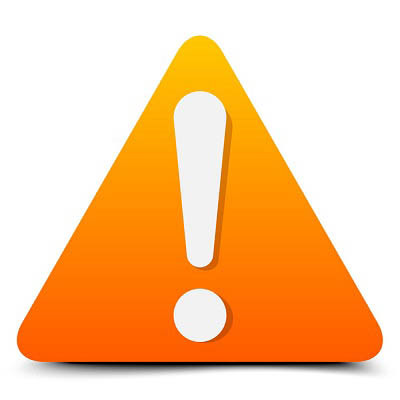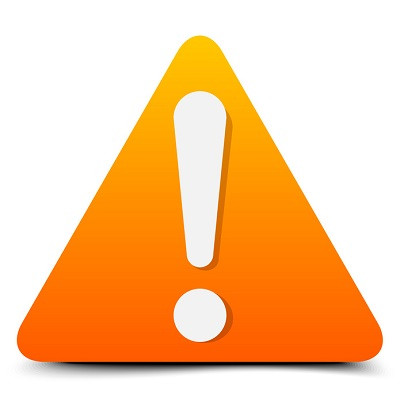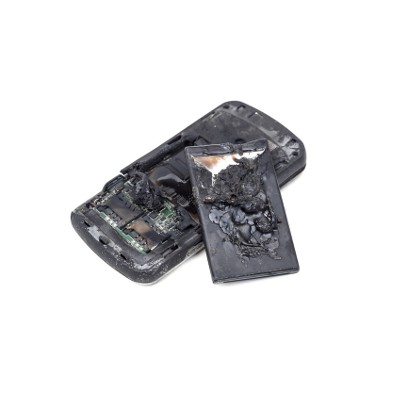Washington Works Blog
Run your Windows Updates and be very skeptical about opening unsolicited emails. Failure to do so may result in a very dangerous strain of ransomware that could infect your entire network and spread to your clients, partners, and prospects.
A new malware swept across the globe Tuesday, incorporating facets of many ransomwares that have made headlines recently. While it originally appeared to be a variant of the Petya ransomware, it has been determined that it shares more in common with WannaCry. However, “NotPetya,” as it has been named, has a few additional features that experts say make it worse than either of its predecessors.
In case you haven’t heard, the credit bureau, Equifax, has suffered a data breach that may have exposed the records of 143 million Americans.
A major vulnerability has been discovered that affects everyone that uses Wi-Fi. Key Reinstallation Attack, or KRACK, affects the core encryption protocol that most Wi-Fi users depend upon to shield their browsing from others, Wi-Fi Protected Access 2 (WPA2).
Twitter is recommending that all 336 million users change their passwords as soon as possible due to the discovery of an internal security flaw. While the issue has been fixed and no data breach seems to have taken place, Twitter is clearly taking this situation seriously.
Not since the British burned the Library of Congress to the ground in the War of 1812 has there been a more devastating attack on the famous library. Only this time, the recent attack was of the digital variety and King George III had nothing to do with it.
If you have the most recent addition to Samsung’s growing collection of smartphones, we hope you haven’t grown too attached to it. The company is recalling the Galaxy Note 7 on reports that the batteries explode. This event is largely considered one of the more high-profile recalls in the history of consumer technology.
Mobile? Grab this Article!
Tag Cloud


